The entire universe, including even the smallest creatures, is in danger. Protecting all life and preserving the world’s beauty requires much effort, and saving our neglected Mother Earth is a responsibility we all share. Amid today’s environmental crisis, simple projects on sustainability remind us of the value of every being and deepen our awareness of our connection to all creation and to the Creator.
One vital example is coffee, a crop recognized and valued worldwide. Coffee production supports the livelihoods of over 25 million people globally, with farmers supplying small processors, large companies, and specialty coffee shops (Philippine Coffee Industry Roadmap 2017-2022). However, this important industry faces severe threats: in 2019, scientists at Britain’s Royal Botanic Garden reported that 60 percent of all wild coffee species could vanish in the coming decades due to climate change, deforestation, and the spread of fungal diseases and pests (National Geographic, 2019). This highlights the urgent need to protect both biodiversity and the environment that sustains us.
On 4 August 2022, a three-year university-wide Extension Program entitled the “Biodynamic Coffee Project” was launched. Its vision was to uplift local coffee farmers and to produce quality coffee through proper training and education and to help the farmers with better land, better ecosystems and better revenues.
As a manifestation of cooperation, KAPE TI UMA, Inc.; Wyldwood Coffee Project; Farm to Cup Benguet; the School of Accountancy, Management, Computing and Information (SAMCIS) departments (Entrepreneurship, Human Resource and Marketing Management Department, Financial Management, Accountancy, Computer Applications Department and Information Technology); SLU National Service Training Program (NSTP) Department; School of Engineering and Architecture (SEA); SLU Community Extension and Outreach Program Office; and SLU University Research and Innovation Center (UnRIC) signified a continuous partnership for coffee endeavours to protect the planet and coffee production. A planting site was also established at the SLU Maryheights Campus.
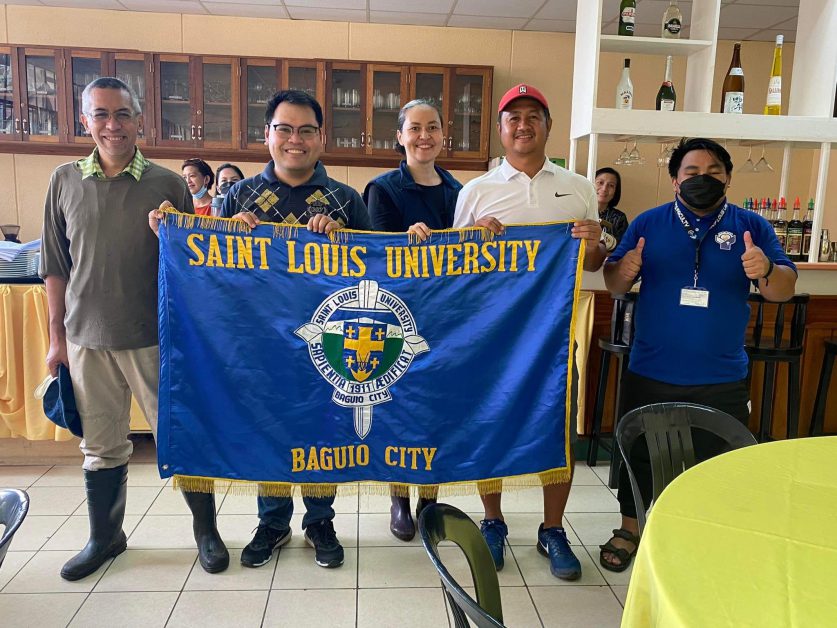
To ensure sustainability of the Biodynamic Coffee Project, the NSTP Department took this initiative as one of its Bolstering and Intensifying Lousian Initiatives for Greening Movements (BILIG) Projects that uphold the CICM and CEAP advocacies on environment, as well as support the United Nations Sustainable Development Goals, particularly SDG Goals 13 and 15.
In 2023, during the International Day of Forests, National Philippines’ Earth Day, National Arbor Day, and World Environment Day, the NSTP faculty members and students monitored the status of the coffee plants, replaced the dying coffee seedlings, and cleaned the coffee planting site.
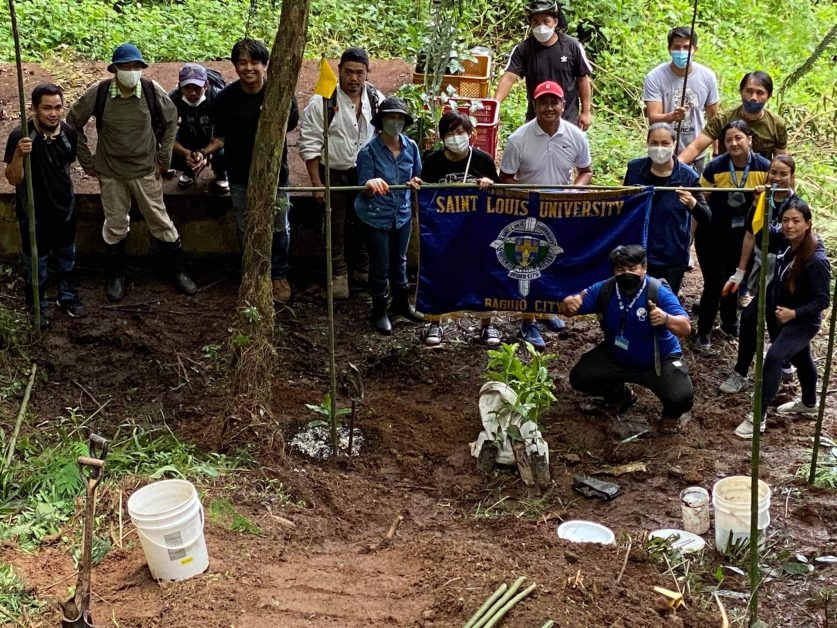
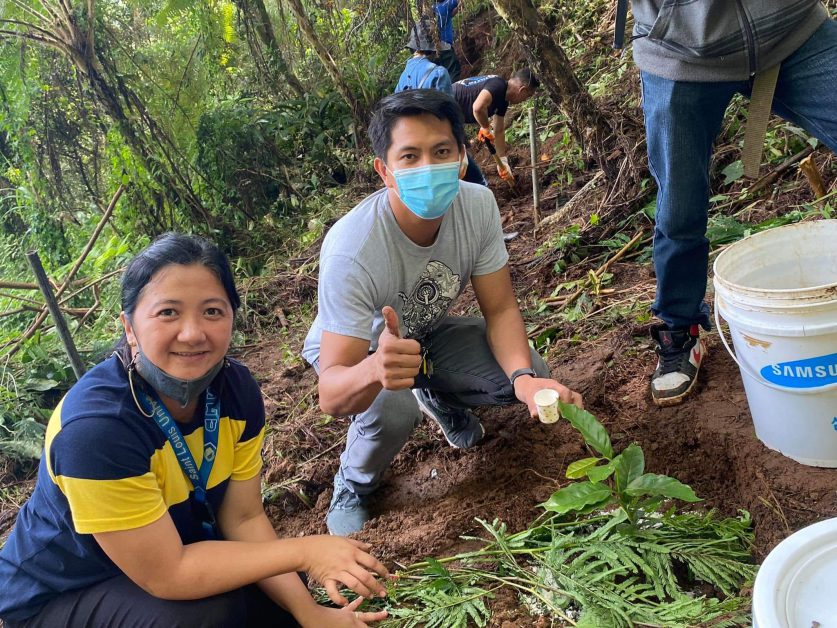
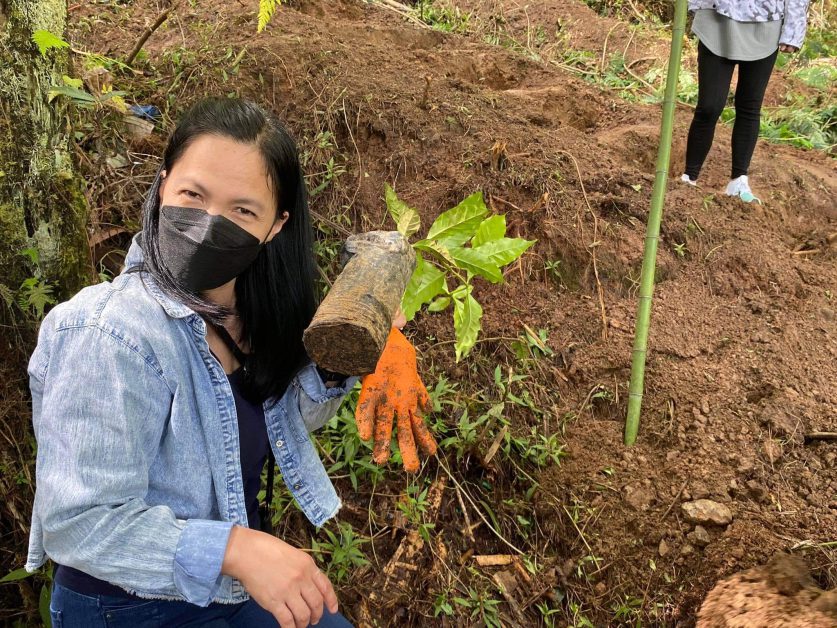
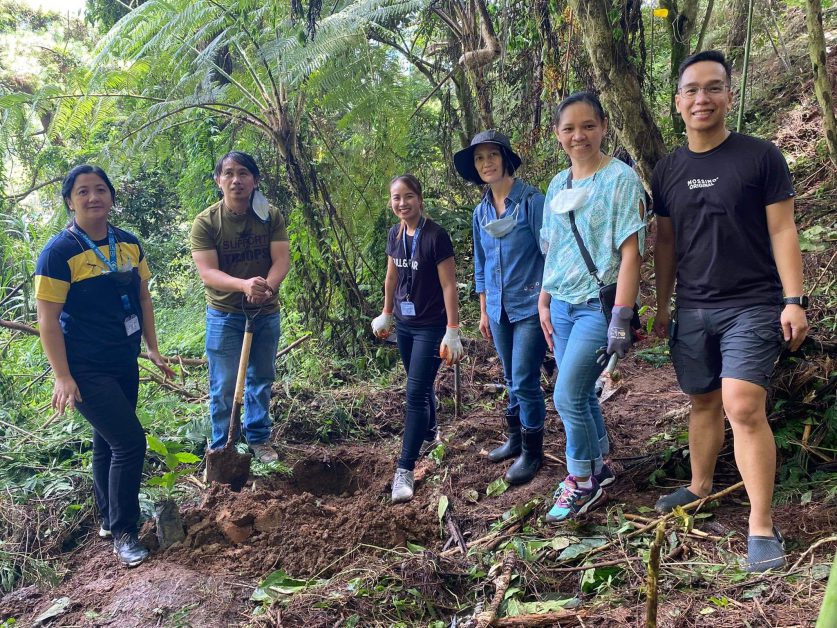
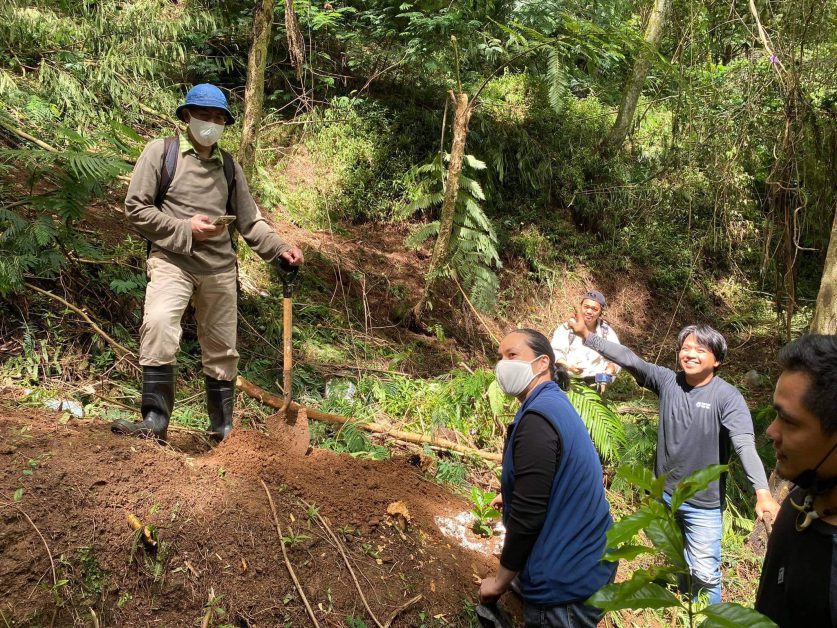
2024 was a productive year for the project where the NSTP faculty and NSTP-CWTS 2 students cleaned the site and applied fertilizers to the existing coffee trees to contribute to the health of the coffee plants. In addition, 30 new coffee seedlings were planted. These activities support coffee plant health and environmental sustainability while fostering teamwork and community among students and faculty.
The first coffee harvest took place in January 2025, bringing together participants from the SAMCIS Dean’s Office, SAMCIS-EHM Department, and STELA-NSTP Department. This collaborative effort involved gathering kilos of coffee beans from seven coffee trees planted in 2022.
This hands-on experience not only fostered teamwork among the participants but also served as a valuable educational opportunity. Participants were able to learn about agricultural practices, including planting, nurturing, and harvesting crops, as well as the principles of environmental stewardship. (Photos from the SLU Hospitality and Tourism Management and Article from John Paolo Magno, NSTP-CWTS Department)







